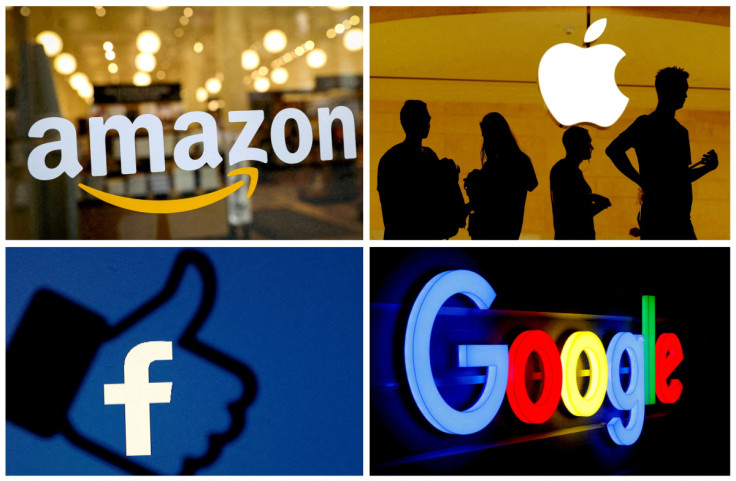Tech earnings hit pause button on market rally
Big Tech led U.S. markets on a sharp rebound to kick off 2023. The message from their earnings on Thursday: not so fast.

Big Tech led U.S. markets on a sharp rebound to kick off 2023. The message from their earnings on Thursday: not so fast.
Apple Inc, Google parent Alphabet and Amazon.com all posted results for the end-of-year quarter that left a sour taste in investors' mouths. The reports renewed questions about global economic demand, the effect of higher interest rates and whether the market's January rally got ahead of itself.
Nascent signs that consumer spending was beginning to rebound in China were not enough to change that.
Apple, the world's largest publicly traded company, fell short of expectations, hurt by lower iPhone sales and production disruptions in China. Amazon said operating profits could fallthis quarter due to lower demand, and Alphabet's online advertisers cut back their spend as well.
Shares of the three companies fell between 2.7% and 5% in premarket trading and they were set to lose nearly $200 billion from their collective market valuation. The drop also weighed on the wider market following a euphoric rally Thursday. [.N]
"Maybe the tech stocks rallied a little bit too much into these numbers, so the market will be taking a deep breath and saying, 'OK, well these companies aren't bulletproof,'" said Daniel Morgan, senior portfolio manager at Synovus Trust Company in Atlanta, Georgia.
These three firms and Microsoft, the four U.S. companies with trillion-dollar market values, have led the broad-market S&P 500 in 2023. The index is up nearly 9% year-to-date, with Amazon gaining 34%. Big Tech surged Thursday following a strong quarterly report from Facebook-owner Meta Platforms Inc.
That's after the group was battered throughout 2022, trailing the S&P, which dropped nearly 20%.
Some investors saw silver linings from Apple and other bellwethers, including Starbucks, that reported results on Thursday. They noted that lockdowns in China strangled sales for many companies in the world's second-biggest economy, expecting a rebound in the coming year.
"When things started to reopen in December (in China), we did see an increase in traffic to our stores as compared to November and an increase in demand as December rolled around," Apple Chief Executive Tim Cook told Reuters.
Cook said lockdowns in China hurt both production and demand, and the company faced headwinds from the strong U.S. dollar that pushed revenues lower.
"Currency was a headwind but will be a tailwind in Q1," said Nancy Tengler, chief executive of Laffer Tengler Investments in Scottsdale, Arizona, referring to the dollar's weakening trajectory.
"The supply chain was a problem more so than demand, and that seems to have been right-sized."
Similarly, Starbucks said comparable sales fell 29% from the previous year in China, the company's fastest-growing market, but that beginning in January, it saw "very encouraging" recovery momentum there.
Other U.S. consumer bellwethers painted a mixed picture. Consumer staples giant Clorox said product volumes fell in three of the company's four business segments in the fourth quarter, while automaker Ford said the year ahead was going to be a difficult one.
They, and other companies, are still grappling with higher interest rates that are slowing demand. This year's surge in stocks has been built on a rally in bonds, as lower yields make high-valuation shares more attractive. Cost-cutting by Alphabet and Meta led some investors to think that interest rates are affecting demand.
"In many respects we're waiting for that other shoe to drop - the impact of higher rates on the economy, inflation, earnings and jobs," said Jack Ablin, co-founder and chief investment officer at Cresset Capital, which manages $30 billion. "Profits tend to trough nine months after overnight rates peak and we haven't even seen the peak in overnight rates yet."
Is the selloff in tech stocks over?
Copyright Thomson Reuters. All rights reserved.





















